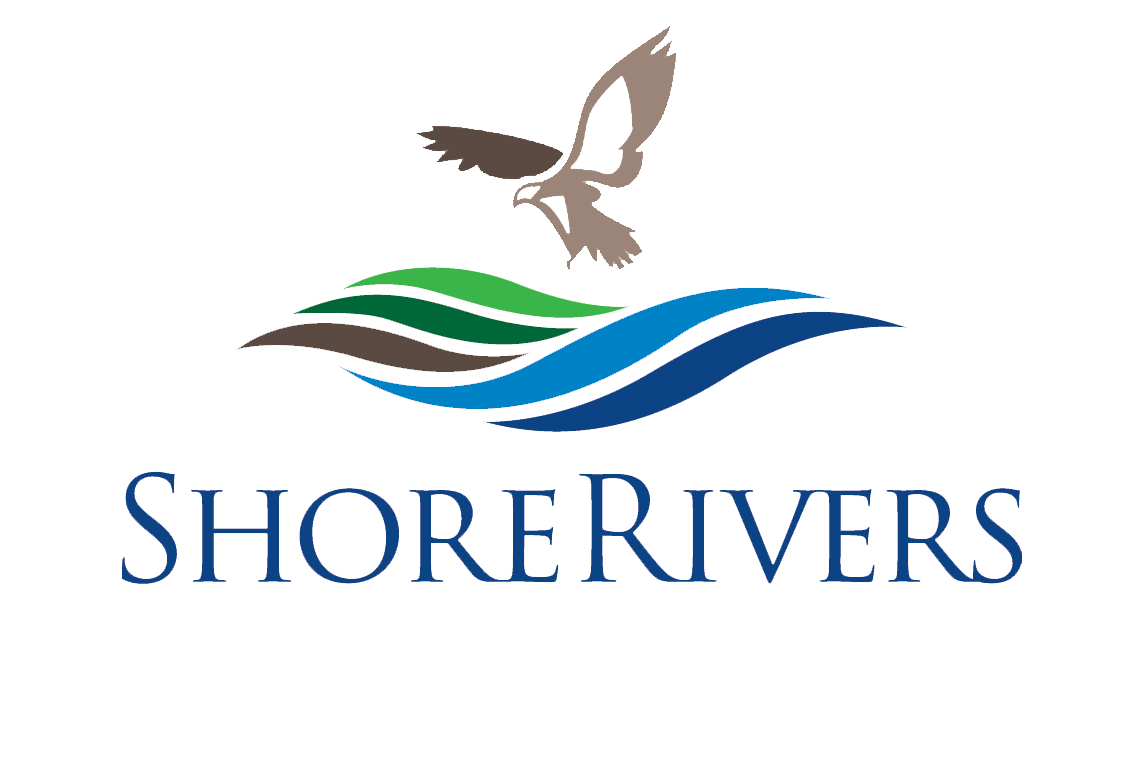CHESAPEAKE COLLEGE AGRICULTURAL FIELD CONVERSION
Purpose: The creation/restoration of wetland areas on the converted agriculture field at Chesapeake College stop erosion, process nutrients, and create habitat. The stormwater ponds will reduce stormwater runoff helping treat large volumes of water. The planting of deep-rooted tree buffers will enhance habitat and stop soil erosion.
Project: ShoreRivers obtained the funding and managed the design and construction of a 13.5-acre project including one large wet storage pond, six shallow wetland cells, and forest buffer. The pond and wetland cells provide water storage, filtration, and nutrient processing that benefit downstream water quality. The forest buffer includes inner and outer shrub zones that create a spectrum of habitat.
This site underwent a total conversion from an agricultural field to high quality wetland and forest habitat, all in view of the heavily trafficked Route 50 (~40,000 cars pass the college per day, MDOT, 2019). This project also complements the regenerative stormwater conveyance project installed on a separate stream on the Chesapeake College campus, in addition to bioretentions, tree plantings, wildflower meadows, switchgrass buffers, and a small wetland that were installed on other parts of the campus in 2017. The project also incorporates a walking path to allow students to use the project as an outdoor laboratory and allow people access to the project for recreational value.
Estimated Pollution Reductions: 885.4 lbs of nitrogen, 88.7 lbs of phosphorus, and 56 tons of sediment annually.




